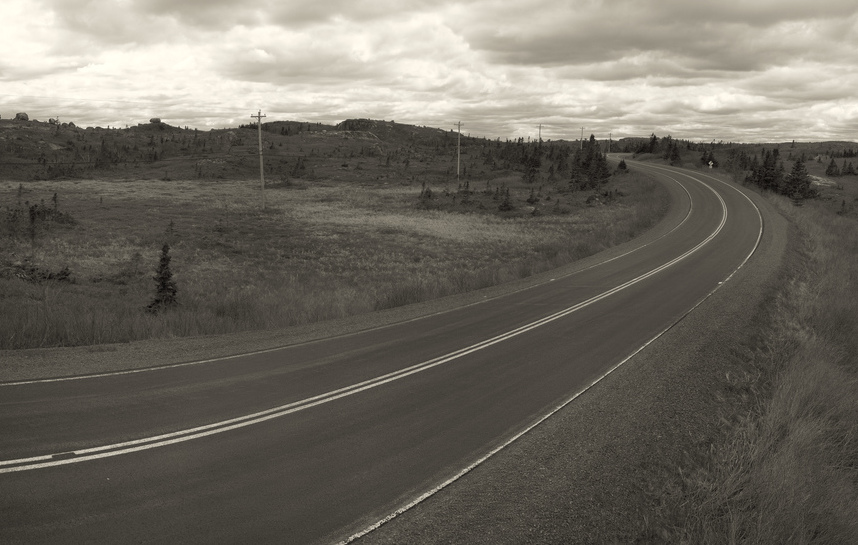Author’s note: Michelin is one of the global giants in the manufacturing of tires; they have been staunchly anti-union since they began in France. In the 1970s, they decided to locate plants in Nova Scotia with the understanding that the provincial government would introduce a law, which became known as the Michelin Bill, to make it almost impossible to organize employers with multi-site plants. A number of unions, including Rubberworkers, Steelworkers and Autoworkers, all tried, but were foiled by what Larry Haiven, a professor in the Department of Management at Saint Mary’s University, called “an act of corruption.” This column documents the first attempt to organize by the Canadian Auto Workers in the 1980s. The three plants were located a fair distance apart, so that added another challenge to organizing.
In the first Michelin organizing campaign at the Bridgewater plant, I quickly learned that a majority of those employed there did not have street addresses. Instead, they used rural route (RR) numbers, so finding them meant many long days and nights travelling on gravel roads.
Not only did we waste a lot of time lost on these roads, we also had to contend with the Michelin Bill, which required the union to organize and certify all three of Michelin’s Nova Scotia plants simultaneously. This is the only legislation of its kind in Canada.
I learned that “RR” also meant “really remote” so when I was first given the name of a worker who wanted to sign a card with directions to the house, I coined the term “big easy” because it happened so rarely that workers contacted us. I thought: finally, I can get to the house easily and sign a card without any hassle or debate about the value of unionizing… how wrong I was.
I drove to the house, knocked on the door, and a woman answered the door. I asked to speak to her husband, who I will call Cool Hand Luke. I was invited in and he sat down with me to sign a card. I could hear his wife in the kitchen doing dishes and suddenly she flew out of the kitchen waving a soapy frying pan and proceeded to chastise Luke for signing a union card. Luke did not flinch or look up, he just kept filling out the card.
The second time she came out of the kitchen, she was brandishing the same frying pan and her voice had gone up a few octaves and she angrily demanded that he not sign the union card. Once again, Luke did not look up, and continued to fill out the card. I was getting quite concerned at this point, not just for Cool Hand, but my own well-being.
The third time she emerged from the kitchen, her face was red with rage and I thought, we are both going to get smacked “upside of our heads” if he continued to fill out the card.
Luke was a very slow writer and once again, did not pay attention to his wife. When he finally did look up at me, he said, “I do not know my postal code — do you want to ask her?” I replied, “Hell no, I will look it up later.”
I’ll bet Cool Hand Luke had to dry the dishes that night — or maybe forever…
I learned from this and many other similar experiences during organizing campaigns that there are no “big easys.”
Larry Wark is president of the Nova Scotia Federation of Union Retirees.
Retiree Matters is a monthly column written by members of the Congress of Union Retirees of Canada (CURC) that explores issues relevant to retirees, senior citizens, their families and their communities. CURC acts as an advocacy organization to ensure that the concerns of union retirees and senior citizens are heard throughout Canada.
Photo: Yang Gundul/flickr




